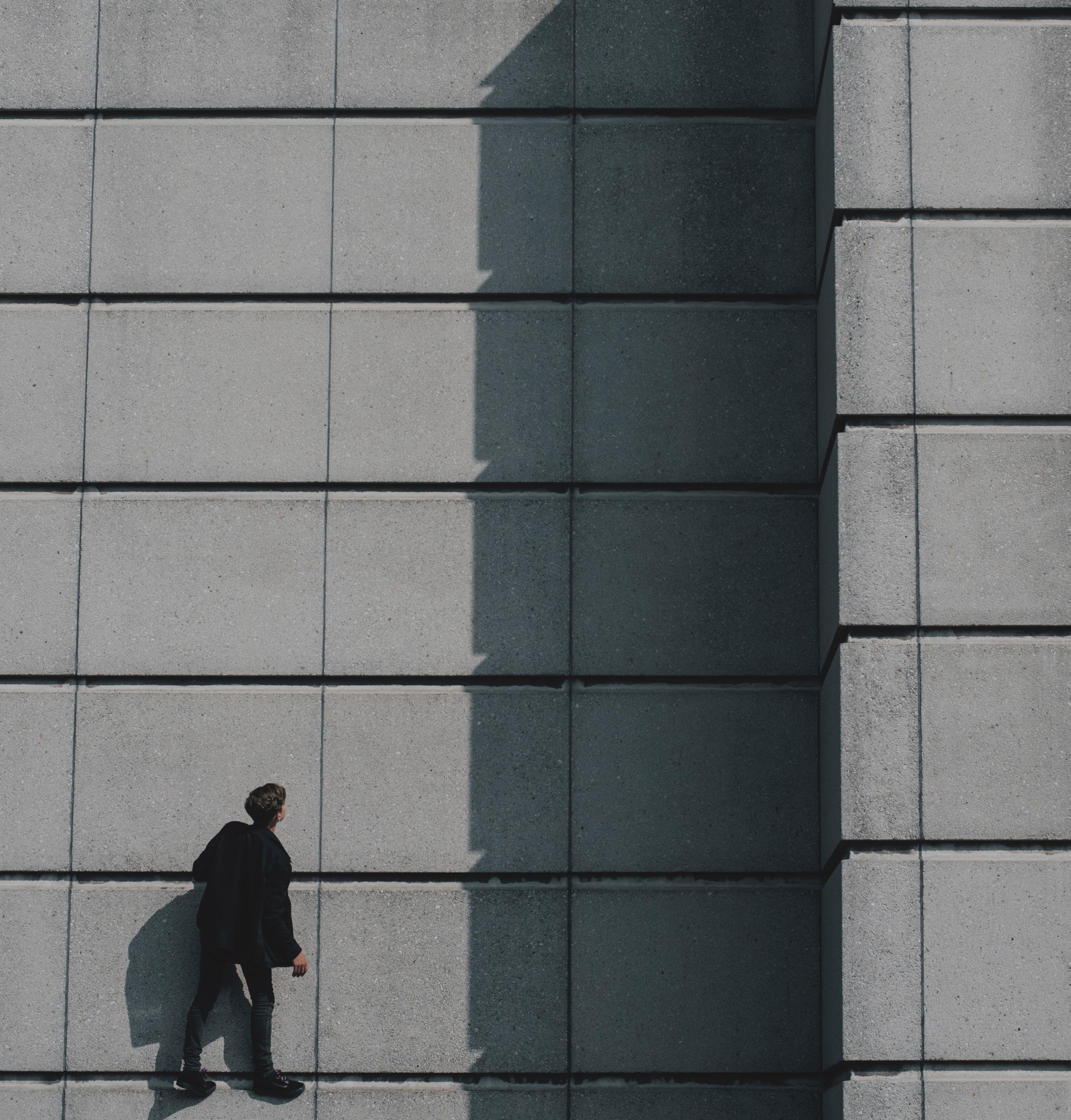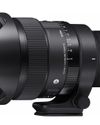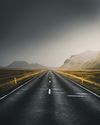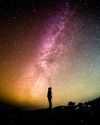
WHAT IS CONCEPTUAL PHOTOGRAPHY?
Conceptual photography sets out to communicate an idea or a concept. It differs hugely to a lot of photography, where a photographer captures moments as they unfold, conceptual photography starts with an idea that photographers then look for a way to illustrate.
There's an argument as to whether conceptual photography refers to any photography that involves a concept (such as advertising photography), or photography whereby the concept is more important than the subject (a more artistic approach). But essentially, conceptual photographers are making an art of their medium and the possibilities for expression are numerous.
HISTORY OF CONCEPTUAL PHOTOGRAPHY
Conceptual photography evolved from conceptual art, which emphasised the importance of the concept over technique and was mainly used to express the abstract. One of the earliest conceptual photographs was taken in 1960 by Yves Klein. Entitled 'Leap into the Void’ it's a staged shot of a man falling forwards off a roof.
But conceptual photography also has its roots in Pictorialism, which was a style developed by photographers in the late 1890s. Pictorialism focused on creating images that were both beautiful as well as meaningful.
For some examples of conceptual photography I'd recommend starting out by looking at Ansel Adams’ images from around 1922-1933. His black and white landscapes were carefully constructed and shot deliberately, rather than being a spur of the moment decision. Cindy Sherman uses herself as a model in her photographs, with her early work exploring gender stereotypes as she presented herself in various characters. And one of my favorite photographers, Rineke Dijkstra produces images that have several different interpretations attached to them, leaving the viewer to make up their own mind as to what she is conveying.
This story is from the Issue 125 edition of Photography Masterclass Magazine.
Start your 7-day Magzter GOLD free trial to access thousands of curated premium stories, and 9,000+ magazines and newspapers.
Already a subscriber ? Sign In
This story is from the Issue 125 edition of Photography Masterclass Magazine.
Start your 7-day Magzter GOLD free trial to access thousands of curated premium stories, and 9,000+ magazines and newspapers.
Already a subscriber? Sign In

THE LOWDOWN ON THE SIGMA 15 MM F/1.4 ART FISHEYE LENS FOR SONY
Still, I don't want you to think I'm trying to give you the ol' bait-and-switch, so I'll say right from the top that this lens is quite pricey, and it's certainly not for everyone.

FEATURED PHOTOGRAPHER: DINA BELENKO
In this issue, we interview Dina Belenko, the conceptual still life photographer whose work transcends the boundaries of imagination.

PROVEN TECHNIQUES FOR CAPTURING THE BEAUTY OF FIREWORKS
Snapping the perfect shot of a fireworks display involves more than just pointing and shooting.

7 REASONS TO USE A DEDICATED CAMERA INSTEAD OF A SMARTPHONE
Nearly all of us us have a smartphone in our pockets and the included cameras have led to a real explosion in photography.

7 COMPOSITION TIPS THAT WILL IMPROVE YOUR PHOTOS
If you've wondered why some photos just look better, one of the secrets is often the composition.

THE LOWDOWN ON THE CANON EOS R50 MIRRORLESS CAMERA
An ideal camera for entry level photographers on a budget

FEATURED PHOTOGRAPHER: DAVID WRAGG
In this issue we featured David Wragg, an English automotive studio photographer. David caught our eye when he shared one of his images with us on Facebook where he captured the sleek curves of the front end of a classic Jaguar E Type.

MASTERING SPORTS PHOTOGRAPHY: TECHNIQUES FOR CAPTURING THE ACTION AND FREEZING THE MOMENT
Sport is such a broad and encapsulating term. People across the world love playing and watching a huge variety of sports – from tennis, through football and formula one; every sport will appeal to someone.

THE BENEFITS OF SHOOTING IN APERTURE PRIORITY MODE:
How Aperture Priority can help you achieve creative control over depth of field

EXPLORE YOUR CREATIVITY AND GET OUT OF YOUR COMFORT ZONE
Whether you’re a professional photographer or just enjoy taking images as an amateur, it’s easy to fall into a comfort zone of always shooting the same thing.